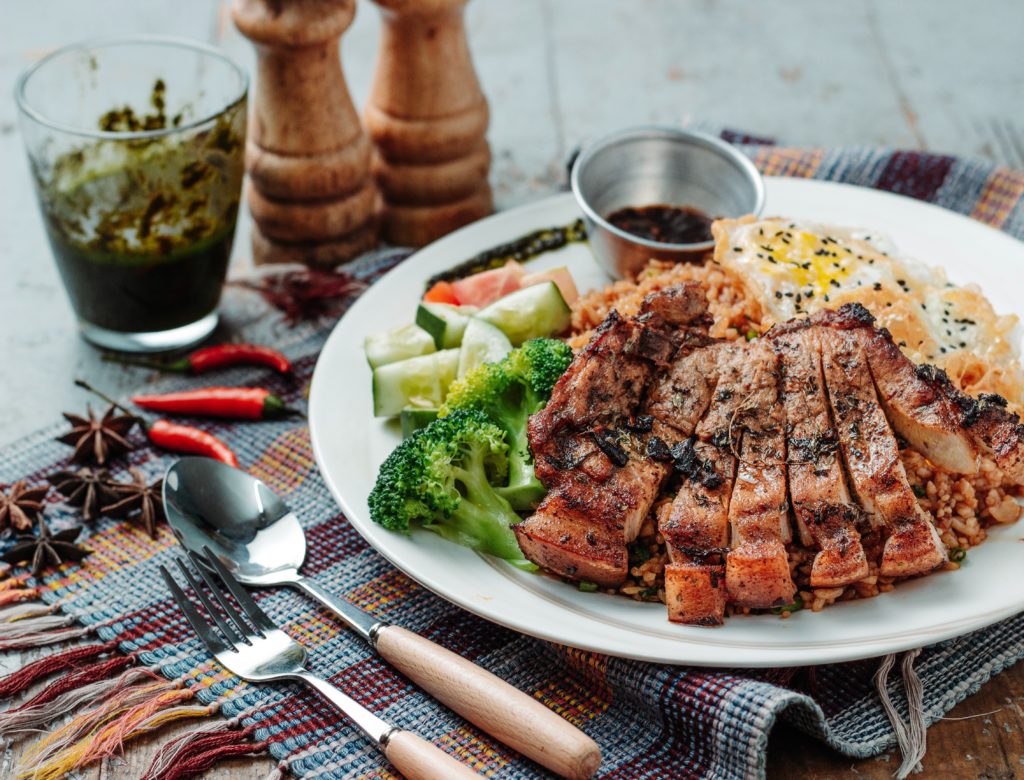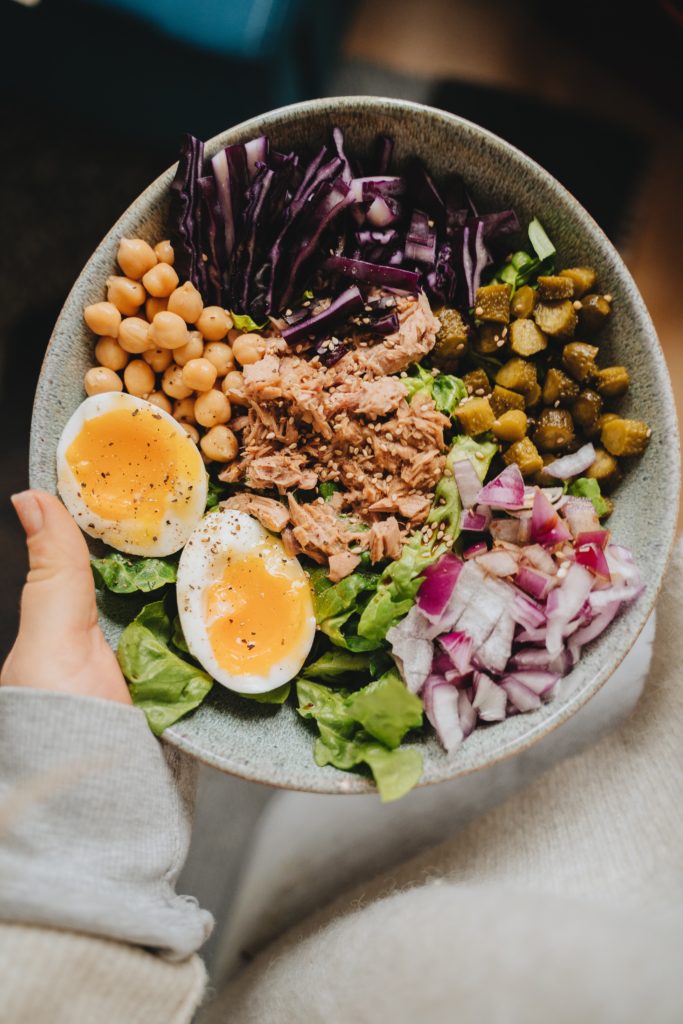There are many benefits to snacking. Doctors have always said that eating three balanced meals per day can keep you healthy and fit. But did you know that snacking throughout the day can also provide many benefits to your health? Adding good nutritional snacks between meals helps reenergizes your body and keeps you on the move. This is good for everyone, especially seniors. Many elderly people do not realize the importance of snacking, and may not get the right amount of nutrients that their body needs because of this. For seniors, snacking can help them maintain healthy blood sugar levels, as well as, lower their blood pressure. However, not all snacks are healthy; some are full of sodium and sugar. Some examples are unhealthy snacks are potato chips, candy bars, and butter-flavored popcorn. Eating unhealthy snacks can be linked to not just sugar and sodium, but also can lower your metabolism, making you feel sluggish throughout the day. So knowing which are best is the key to a healthy body and lifestyle.
Senior-Friendly Menu Planning

Finding good and healthy snacks to eat is part of meal planning. According to the NIA, when seniors eat well and continue with an active lifestyle, it supports healthy aging. If seniors choose a healthy meal plan or provide good nutrition to their weekly menu, it can create good habits. Seniors can find great resources for meal planning on the National Council on Aging (NCOA) website, including eating healthy videos by nutritionists.
To help with meal planning, seniors can also try different meal planning kits that can be delivered right to their front door. Here is a link to some of the most popular meal kits available to seniors.
Snacking for Seniors
Sometimes seniors need a little assistance in planning what snacks to eat and why. Family members or caregivers can help with this process. Seniors should choose nutrient-rich foods when planning what snacks to add to their daily or weekly food menu. However, keep in mind that not all snacks are good for every senior. Some elderly may be allergic to some foods or may have a medical condition, such as diabetes, which can prevent them from eating certain foods. So, keeping a record of what is right for each senior is important. Some snacks may be high in fat, sugar, salt, or have an excess of empty calories with much nutrition.

Below are a handful of the best healthy snacks for seniors to enjoy:
- Apple slices topped with natural peanut butter
- Pears lightly covered with ricotta cheese
- Plain Greek yogurt mixed with cinnamon or fresh fruit
- Fruit kabobs served with vanilla-honey dip
- Popcorn, without butter, of course
- Red bell pepper and guacamole
- Frozen fruit smoothie
- Hard-boiled egg with a piece of whole wheat toast
- Hummus with fresh vegetables or baked pita chips
- Homemade paleo-friendly granola
- Celery with peanut butter and raisins
- Handful of almonds, walnuts, or pistachios
- Turkey slices rolled up with avocado
- Bowl of fresh berries or melon
- Sun-dried tomatoes and mozzarella
- Cinnamon-sprinkled grilled peaches
Nutrition Tips for Seniors in an Assisted living Facility
Seniors living in an assisted living facility or care center may not always receive the best nutritional foods throughout the day. In fact, some may not have a scheduled “snack time” in the place where they reside. Many seniors tend to eat less when family members are not present or visiting. Family should bring healthy snacks to increase their loved ones food intake of healthy options. Here are some tips to help seniors eat well while living in a care facility.
- Perishable foods should be eaten while visiting loved ones and thrown out once you leave. This will prevent food poisoning. Choose snack foods that do not spoil if left on the counter or on a nightstand near the bed.
- Consider a multivitamin for your elderly parent. Sometimes seniors need a supplement as well, to help boost their immune system. Doctors may also suggest a appetite booster for those who don’t receive enough nutrients through the foods they are eating.
- Caregivers should sit with the senior while snacking. This is helpful for two reasons; one, it provides socialization with the senior, and two, family or caregivers can monitor how much the senior is eating.
- Caregivers or loved ones should also observe their elderly parent as they eat to see if they are having trouble or problems with chewing and swallowing, or if there are any issues with their teeth. Seniors should see a dentist routinely to prevent eating problems due to teeth decay.
- Family members should also discuss the appropriate diet for their elderly parent with the medical staff team at the facility. Together they can decide what foods are best fo their loved one and also possible drugs that are causing food interactions or can help improve their eating habits if they are lacking nutrition.
- Caregivers may also want to search for food alternatives if the elderly parent is refusing to eat the food at the assisted living facility or care center. Examples of this is adding some familiar spices or seasonings o their foods that the senior enjoys from their past. You can also consider finger foods when thinking of snacks. It may be easier for seniors to handle the food better. Making sure the food is not too is also something to consider when preparing food for seniors.

Choosing the best snack options
As we age, our bodies change when it comes to food. And every person’s body is different. Choosing the right foods are essential for seniors. Although snacking seems a simple task to do, it can be complicated if you don’t know what your body is lacking. Some seniors may not know which foods at the grocery store is exactly what they need. For example, seniors may lack calcium or be vitamin B deficient as they age. Some may lack vitamin D as well, since elderly do not produce this in their body once they hit a certain age. Seniors can also seek help through their primary care provider or elderly services to understand what they need and the best way to receive the nutritional foods they lack. Remember, it’s okay to cheat on occasion, like a special event or birthday, but keeping to a specific diet or food menu can help seniors stay healthy and fit.